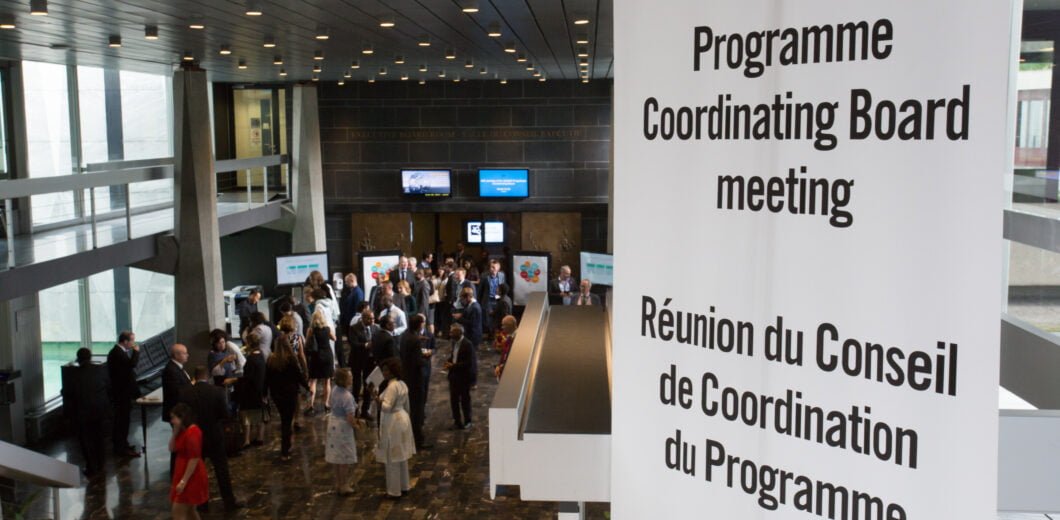We as the representatives of regional, national and local civil society organizations and key population communities urge the adoption of the new Global AIDS Strategy and express our gratefulness to the efforts of the Chair, PCB member states, UNAIDS Secretariat, Co-Sponsors and global experts’ community in developing the new Strategy.
We especially welcome the Strategy central focus on human rights and gender equality. They are crucial to ending AIDS, especially in my sub-region in Eastern Europe and Central Asia, where the epidemic is still growing, especially among key populations who continue to experience barriers in access to health and social services. Criminalization, discrimination, and stigmatization of key populations are the main drivers of the HIV epidemic in my sub-region. But we believe that fully and sustainably funded and properly implemented new Global AIDS Strategy has a potential to finally end AIDS at least in my sub-region. And this can only happen if community and key population voices are heard and listened to, communities, human rights, and gender equality are at the front and center of the Strategy and evidence-based HIV intervention are recognized, accepted and implemented.
And let me remind you that today is World TB Day with the theme of this year being the Clock is Ticking. We must all take steps to realize the TB UN HLM targets and commitments by 2023, in particular, in ensuring TB preventive therapy for PLHIV. As the Clock ticks, around the world, TB continues to be the number one killer of people with HIV. And yes – the Clock is Ticking and we must stand together to ensure that principles and values incorporated in the GAS will not be diluted, vice versa will help us to achieve our strategic goals worldwide.
Thank you!
